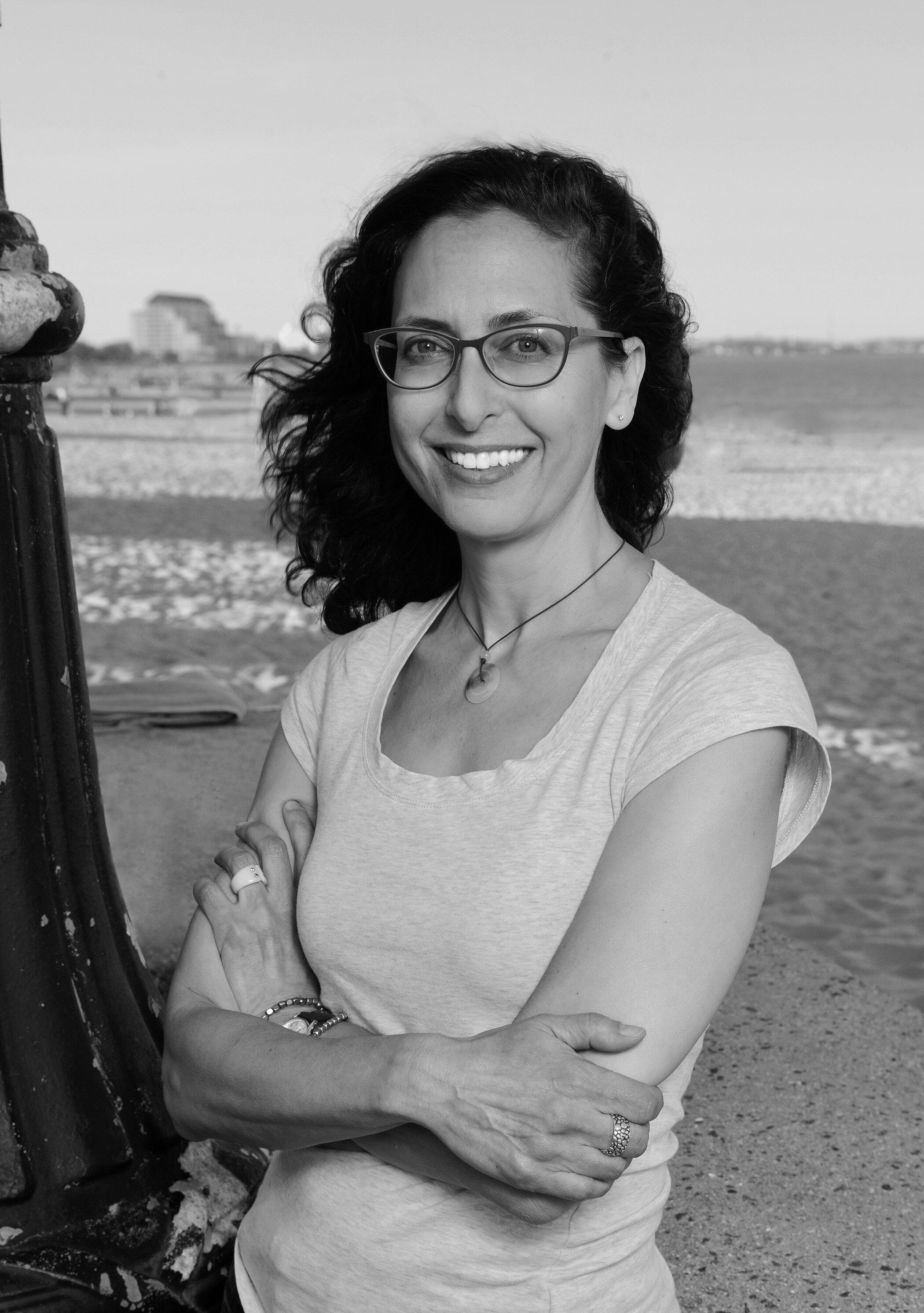An interview with Daphne Kalotay
/“Anything that dramatizes and humanizes something that otherwise seems foreign or far away is a valuable tool for engagement. Part of what drew me to write Blue Hours was my own feeling of how disturbing it is that we here in America can, if we choose to, completely ignore our own war in Afghanistan, simply because it is taking place on foreign soil. And it has been going on for so long that most people have simply grown bored and choose not to engage or to educate themselves about it,” says Daphne author of Calamity and other short stories, Russian Winter, Slight Reading and Blue Hours.
Tell me about yourself
I’m a writer who also teaches creative writing and literature. I grew up in a family where stories and poetry and the arts in general were really important, and I continue to take my nourishment from the arts—mainly books, music and dance.
What kinds of stories do you write?
Mainly traditional short stories, although occasionally the uncanny slips in, and as you see in “The Archivists,” I do sometimes use a less conventional approach. In general, I like to write small, focused stories about everyday people, to show how ordinary lives can in their own ways be extraordinary.
What do you most enjoy about writing?
The deceptive sense of having captured something for posterity, or those moments when you find just the right word or phrase to describe something. I love wrangling with language, and with composing a story or novel there’s the feeling of piecing together a puzzle, which at first seems impossible and only at the end comes together with something resembling ease.
What is your story “The Archivists” - https://lithub.com/the-archivists/about?
On the broadest level, it’s about war’s long reach, how the consequences of conflict continue long after peace treaties are signed. On a more specific plane, it’s an attempt to memorialize my grandmother and her stories—from her youth and later her experience of the Holocaust.
But it was also a response to a writing prompt; I was invited to contribute a short piece to read at an art opening, and the theme of the exhibit was how digitization, social media, and “the cloud” have affected or degraded our memories. For some reason, that prompt immediately brought to mind my Hungarian grandmother showing me how to make dumplings for soup: Just as in the story, my grandmother told me to drag the tines of the fork through the doughy mixture in order to know when the consistency is right, and how her friend—who by the time my grandmother showed me was already dead—had taught her that trick. It’s the most analog form of memory, this sort of passed along knowledge, and because it involves a physical movement, I also thought of muscle memory, which made me think of dance.
Back when I was a student at Vassar College, my dance professor was Ray Cook, who beyond having been a ballet dancer and a wonderful teacher was also known for being the first person to professionally take on Labanotation fulltime. He notated the works of Doris Humphrey, José Limón, Martha Graham, Paul Taylor, George Balanchine, Lester Horton, and many others. In fact, he researched, notated and staged a number of Humphrey works that had been considered lost. And though I don’t know that I was consciously thinking about this as I wrote the story, now that you ask me this question, I definitely see that without knowing about him and his expertise, I probably wouldn’t have thought of this branch of the story.
As for the epigenetic angle, I have been fascinated by this science and wanted to include it as another physical manifestation of what we may think we don’t remember at all.
Why did you choose to write about war?
These are my family’s stories, it’s what I know. My father is a Holocaust survivor. I’m haunted by the fact that the last witness to that crime will die during my lifetime; I feel the need to tell that story. The detail about the hydrangeas in my story is true. My grandmother loved a boy whose eyes, she said, were that color blue—and he was murdered in the Holocaust. So, I want to tell his story too.
Tell me about other stories you’ve written about war or based in countries affected by humanitarian crises.
Well, I have another story about the Holocaust, “Relativity,” that was Boston’s One City One Story read in 2017, so it’s available in various languages on my website. And my newest novel, Blue Hours, is about our intervention in Afghanistan. It starts in the U.S. just after the first Gulf War and then leaps forward in the second part of the book to eastern Afghanistan in 2012, where the characters from Part One have ended up.
Is there a role for fiction to motivate readers to take action to address the causes/ consequences of humanitarian crises?
Definitely. Anything that dramatizes and humanizes something that otherwise seems foreign or far away is a valuable tool for engagement. Part of what drew me to write Blue Hours was my own feeling of how disturbing it is that we here in America can, if we choose to, completely ignore our own war in Afghanistan, simply because it is taking place on foreign soil. And it has been going on for so long that most people have simply grown bored and choose not to engage or to educate themselves about it.
What is the one thing that you’d like the readers of your stories to take away?
We’re all connected to one another, no matter how distant our lives may seem or how vast the oceans dividing one continent from another. Our actions matter, and reverberate.
* END *

